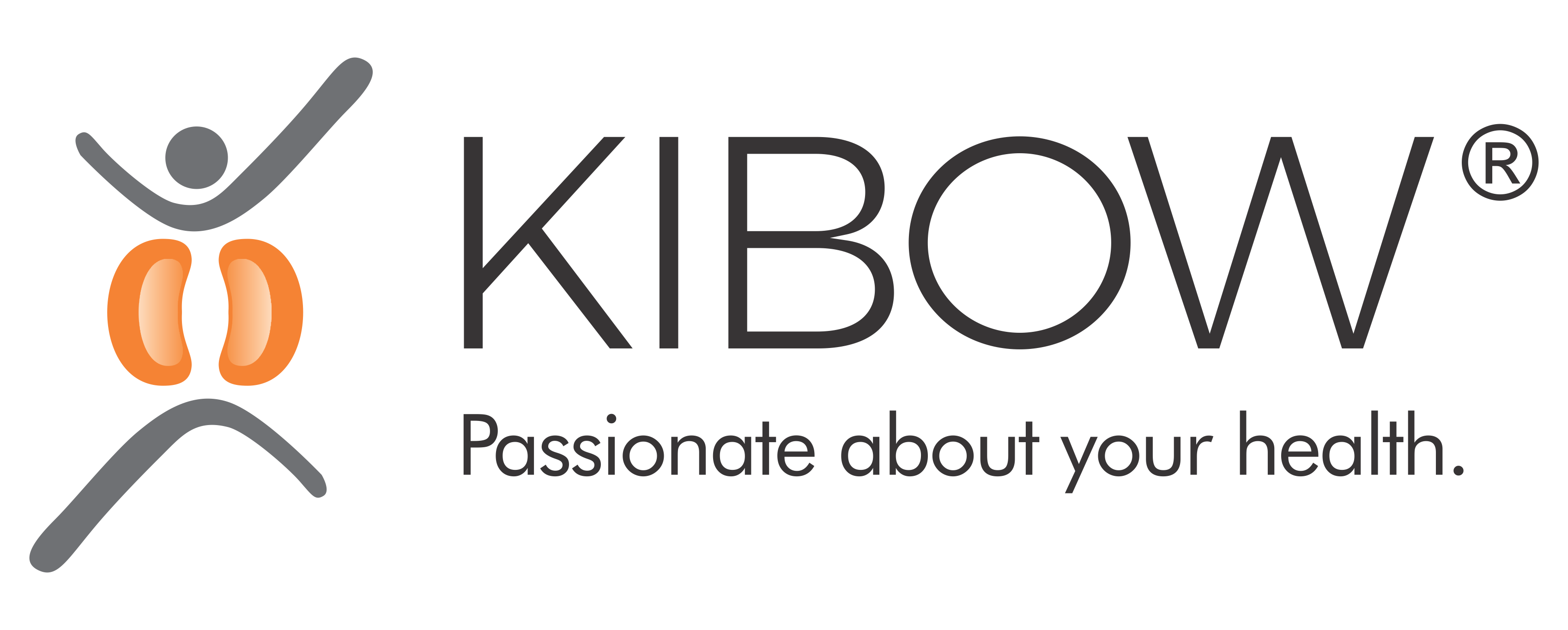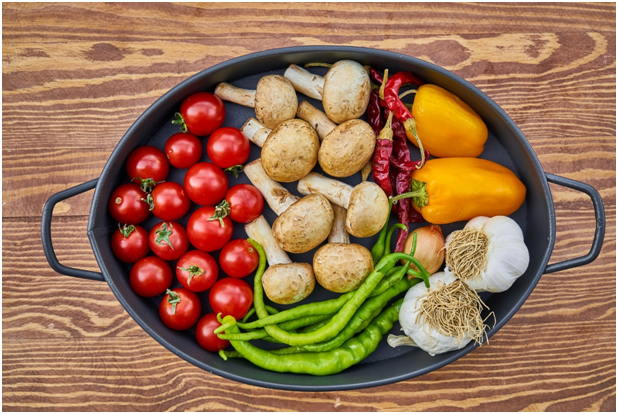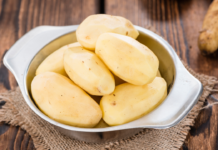The views expressed here are those of the author and not necessarily those of The Hope or its sponsor Kibow Biotech
There are many factors to consider when supporting a healthy kidney. One of the most important and simplest is maintaining a healthy diet and knowing which foods support a healthy kidney, and which foods may wreak havoc on them. People with kidney disease are more susceptible to inflammation and cardiovascular disease1, so it is important to increase their intake of super foods packed with antioxidants and nutrients. To understand why they’re called superfoods, it is important to understand oxidation and free radicals. Oxidation is a normal bodily process that produces energy2. However, it can sometimes lead to the production of molecules called free radicals2. Free radicals are unstable molecules that bounce wildly around inside your body, damaging proteins, genes and cell membranes2. The good news is super foods can help to neutralize the free radicals.
There are tons of vegetables and fruits that provide the vitamins needed to support healthy kidney function. Red bell peppers are a good source of vitamins A, C, B6, folic acid and fiber3. They also contain the antioxidant lycopene, which protects against certain types of cancer, and are low in potassium, which should be avoided3. Cabbage is a cruciferous vegetable filled with phytochemicals, Chemical compounds found in certain fruits and vegetables, which work to break apart free radicals3. Many phytochemicals are believed to combat cancer and support cardiovascular health3. It’s also high in vitamins K and C, high in fiber and a good source of vitamin B6 and folic acid, yet it is low in potassium, so it’s especially kidney- friendly3. Garlic is good for reducing inflammation and lowering cholesterol and has antioxidants and anti-clotting properties3. Some other foods to consider are cauliflower, onions, apples, berries, cherries, grapes, egg whites, fish, and olive oil.
There are some foods that can harm the kidneys and keep them from functioning at optimal levels. Diets high in sodium can increase blood pressure, which causes damage to the kidneys over time. When you eat too much salt, your kidneys respond by retaining water in order to dilute this electrolyte in your bloodstream to maintain proper heart function. A diet rich in animal-based proteins could also increase the risk of developing kidney stones from uric acid, while a vegetarian diet lowered the uric acid and prevented formation of stones. Uric acid is one of the common causes of kidney stone and is a byproduct of eating foods that are high in purines such as meat4. Sugar contributes to obesity which increases your risk of developing high blood pressure and diabetes, two of the leading causes of kidney disease. Even artificial sweeteners should be avoided because these ingredients are non-caloric. Carbonated beverages such as soda (with or without artificial sweetener) and energy drinks are associated with the formation of kidney stones5. Drinking two or more colas per day has been proven to be associated with an increased risk of chronic kidney disease6. Caffeine can also affect the kidneys because it can stimulate blood flow, increasing blood pressure and stress on the kidneys.
If your kidneys have failed and you are now on dialysis, there are foods that should be limited because wastes can still build up since dialysis does not fully replace kidney efficency. Food with phosphate additives(preservatives)should be avoided such as deli meats, baked goods, and soda. Bananas are high in potassium, so they need to be avoided as well. Nuts, nut butters, and chocolate also have a lot of potassium and phosphorous. Salty meats such as hot dogs, sausage, ham, bologna, and bacon are very high in sodium, and should be limited as well.
Sponsor: Kibow Biotech® 
References
- Texila Connect. (2014, August 2). Avoid kidney stones. Retrieved from https://www.texilaconnect.com/tag/avoid-kidney-stones/
- Texila Connect. (2014, August 2). Avoid kidney stones. Retrieved from https://www.texilaconnect.com/tag/avoid-kidney-stones/
- Texila Connect. (2014, August 2). Avoid kidney stones. Retrieved from https://www.texilaconnect.com/tag/avoid-kidney-stones/
- National Kidney Foundation. (2017, February 13). Kidney Stones. Retrieved fromhttps://www.kidney.org/atoz/content/kidneystones
- Kimberly Snyder. (2019, February 21). 7 Foods that Are Actually Damaging Your Kidneys « Kimberly Snyder. Retrieved from https://mysolluna.com/ blog/2012/05/12/7-foods-that-are-actually-damaging-your-kidneys/
- Saldana, T. M., Basso, O., Darden, R., & Sandler, D. P. (2007, July). Carbonated beverages and chronic kidney disease. Retrieved from https:// www.ncbi.nlm.nih.gov/pmc/articles/PMC3433753/




